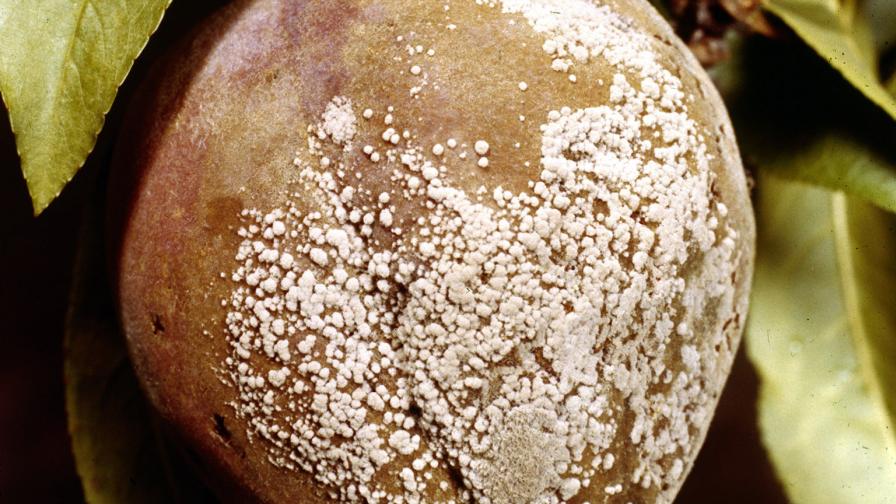Organic Industry Rocked By Synthetics
Judging by the comments we’ve received on the two California companies who were suspected of adding synthetic fertilizer to purportedly organic products I’m not the only one who’s disturbed by these developments. Like it or not, those growing and selling organic vegetables are trading on the belief of the consumers. Violating that belief is dangerous.
In fact, I’m somewhat surprised there hasn’t been more outrage from organic consumers. That might be due to the fact that these stories haven’t seen greater play in consumer media, whether on TV, in newspapers, or on the Internet. I have no idea why these developments haven’t seen more publicity, as in my experience, nothing boosts viewership like these “scare” stories. Whatever the reason, organic growers should feel fortunate that the stories haven’t been more widely publicized.
In case you’re not familiar with the details, both cases involved large companies — at least in terms of the organic fertilizer market — allegedly adding a synthetic fertilizer, ammonium sulfate, to what were allegedly organic products. One company, California Liquid Fertilizer, which was based near Salinas,
reportedly held as much as one-third of the California market in 2006. The other, Port Organic Products Ltd. of Bakersfield, reportedly produces nearly half the state’s liquid organic fertilizer.
A few weeks ago, federal agents raided Port Organics Products. And that came just a few weeks after it was reported that despite the fact that California Department of Food and Agriculture (CDFA) officials were notified of a problem with California Liquid Fertilizer in June 2004, CDFA did not order California Liquid Fertilizer to remove its product, Biolizer XN, from the organic market until January 2007.
Does the industry require more scrutiny? These developments clearly suggest that it does. Consumers who purchase organic vegetables do so based on the faith that those products are, in fact, organically grown. Violating that faith could mean losing those consumers, especially for larger growers who don’t have direct contact with their customers. But in the meantime, it’s incumbent on all involved in the industry to be increasingly vigilant. It’s a lot easier to retain consumers’ trust than it is to get it back after it’s gone.








